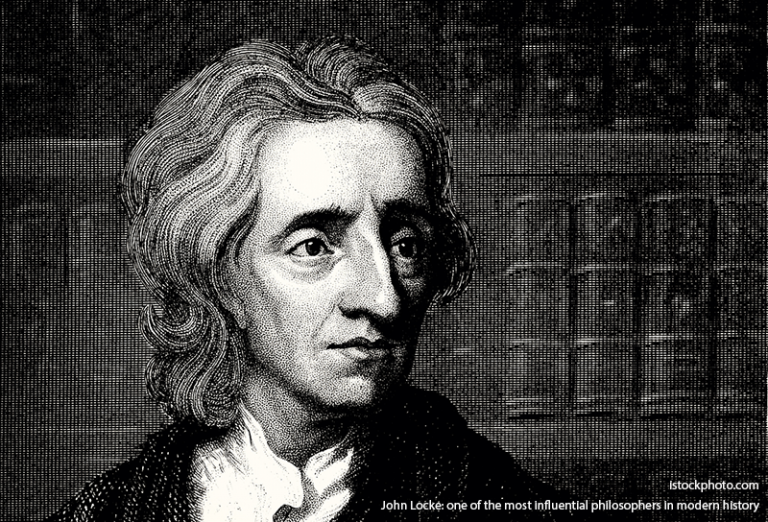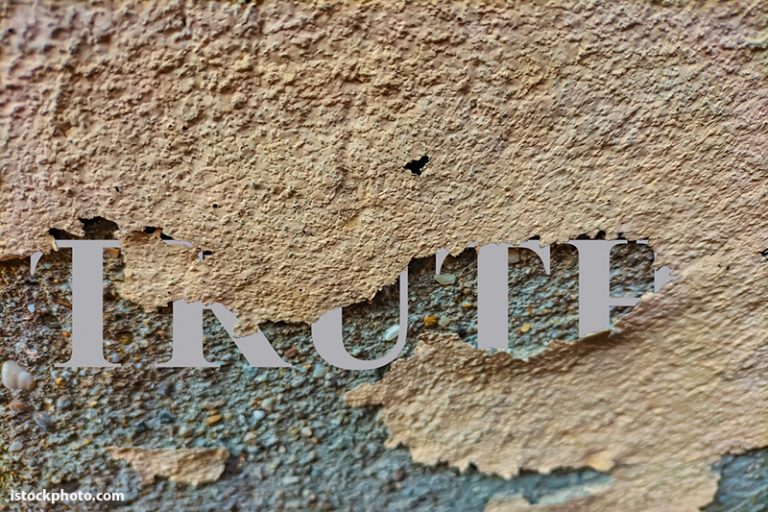Independence Day
What follows is a piece that was originally published in July 2009. Given the issues at many U.S. colleges, such as Mr. Jefferson’s University in Virginia, or the funding challenges at all public universities in the land, fundamental mission and how it is achieved becomes more important, rather than less. Revisiting the relationship between our national predisposition and the role of our universities is a moment well spent.
“Bad men cannot make good citizens. A vitiated state of morals, a corrupted public conscience are incompatible with freedom.”
Patrick Henry
________________________________________________________________
Independence of thought for a collected group of people and independence of thought for an individual are so tightly wound together that you cannot have one without the other. First, the case of our nation. The coercion exercised upon the early colonists of our nation was suffocating… They could bear no more. Taxes, freedom to worship, freedom from social stratification, and freedom for opportunity to grow and change were all passions of early European citizens of the new world.
The colonists wanted to be able to pursue their own lives in their own way without the intervention of any government, near or far. While it was freedom from English law and rebellion against coercion that lit the fuse, freedom from all coercion carried the spark to the charge.
I re-read Thomas Paine’s ‘Common Sense’ a few times recently. I consider myself reasonably thoughtful and able to understand complex ideas. I was taken by the simplicity of the ideas Paine so graphically portrayed in his pamphlet, but perplexed by the depth and pervasiveness of them from another perspective.
As I reflected on my small view of this great expression – person for person the most widely read document ever produced and circulated on the continent of North America – a number of emotions ran through my mind.
I was, and I am still moved by a kind of patriotism that I know many of us feel for our nation. A freedom to pursue personal faith, a pride in individuality, a freedom of expression of thought or a way of life that is particular to any one of us, unencumbered by intervention of any kind from any person, or any place.
What does this have to do with our universities?
Not to over-make the case, I would argue that tenure provides to a faculty member the provision that our forefathers fought for, so that any man or woman might have the opportunity to think freely.
The coercion that happens at many universities today is not the same as the one faced at the birth of our nation. What was English was known to be English, and it was clear to many colonists that England was a coercive force.
Coercive forces today lack that clarity in universities, and they have for a very long time. Contemporary coercion comes in disguise, not in a Red Coat.
Coercion caused Galileo’s excommunication for the idea of a helio-centric universe. It undermined the authority of the Catholic Church in the eyes of leadership at that time.
It was coercion that made the Protestantism of mid-twentieth century Yale University so challenging for a Catholic boy named William F. Buckley. He should have thanked God he wasn’t Jewish.
It is coercion that makes traditional expressions of faith unacceptable in contemporary universities. This is the coercion of trying to live in an offense-less society… a society where your ideas might offend another. This impossibility might be the most noxious form of coercion in any setting.
It chokes free thought.
Our nation might be giving up certain freedoms through the force of courts, and our political leadership may be allowing and encouraging that strangulation for the friendship of the ballot box. Academic freedom should be maintained at all costs.
Coercion against intellectual freedom from any source, no matter how well intended, will undermine the nature of our universities as surely as British rule undermined the freedom of this colony to pursue its destiny.
Our nation’s freedoms should ensure the academic freedoms of the university as surely as those same freedoms ensure the freedom of family, faith, and friendship.
Our universities should abound with patriotism for the power of Independence Day.








Yes, tenure is important and once gained should be respected by those who gain it. It places on the recipient a great responsibility for independence of thought and not kow-towing to a system that is becoming more corporate in nature. The reference to Tom Paine is so timely. During the McCarthy era possession of any of Paine’s works would bring a knock on the door from the FBI as David Caute and others tells us. Paine needs to be better known. For decades British dramatist Trevor Griffiths has tried to raise finance for a bio-pic to be directed by Richard Attenborough without success. The screenplay, “These are The Times” is in the Library but Griffiths finally managed to get it performed as a play in the Globe Theatre, London in 2009 under the title “A New World.” The reconstructed Globe theatre was a lifelong project of American blacklisted actor Sam Wanamaker and 1776 was an early version of that later “Ten Days that Shook the World.” Griffiths is probably best known as the scenarist of Warren Beatty’s REDS (1981). He is an outstanding dramatist and screenwriter who has now been ignored mostly in the UK as Paine was in his lifetime. However, Griffiths has raised many important issues in his plays such as the conflict between the need for political organization and humanitarianism as in his contribution to the BBC series THE FALL OF EAGLES where pre-Star Trek Generations Patrick Stewart portrayed Lenin and Michael Kitchen (of “Foyles War”) Trotsky. Similar issues occured in Griffiths’ play OCCUPATIONS where Stewart played a similar role of “hard man.” Today, UK TV drama is in the doldrums unlike the time when a Griffiths play was a special event. Similar Tom Paine should also have a better celebration rather than being a footnote in history on a day devoted to fireworks, barbecues, and beer for most people. Paine and Griffiths are not academics but they both stand for a particular independent thought we now see at risk in an academy rushing rapidly towards the values of Wall Street, unless – as in The University of Virginia people speak out and another Paul Revere sounds a different ype of rallying call – “The administrators are coming!”
Walter
Just to let you know, Galileo was not excommunicated. He was put under house arrest and not allowed to teach at Catholic universities but he wasn’t excommunicated. I know because I made that mistake myself in a talk I was giving and was quickly corrected. Fact is, the main reason that Galileo got into trouble was not his science. It was because he insisted that his scientific findings would change theology and he began to write and preach on a particular materialistic type of theology.
I like your blog – don’t read it all the time, maybe 2/3, but its relevant and pithy.
Don